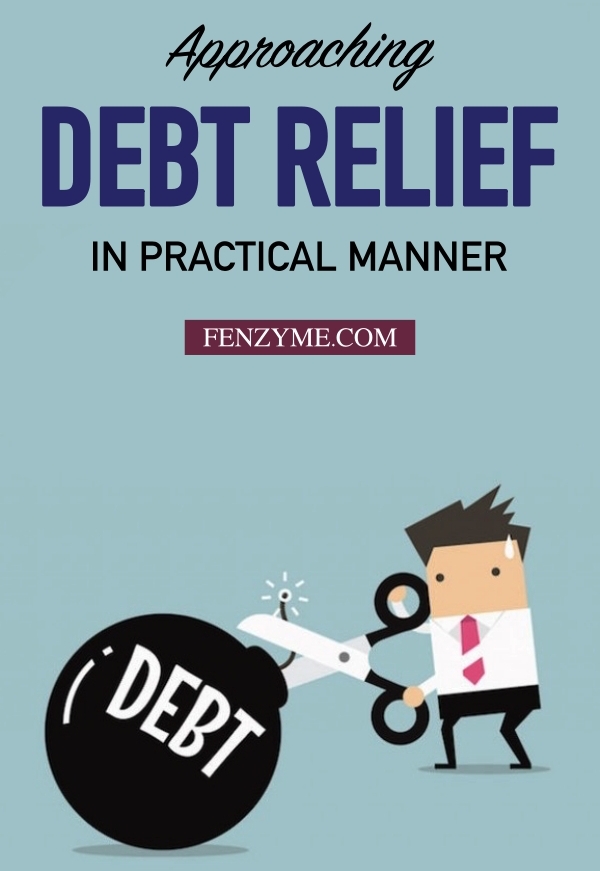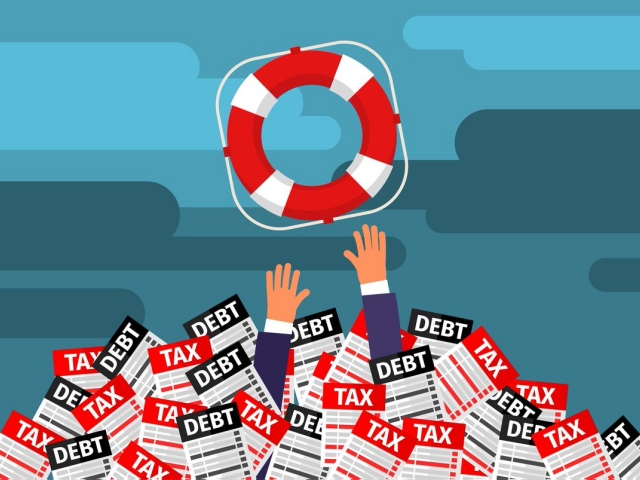Approaching Debt Relief in a Practical Manner
Debt relief can be a useful tool when deployed properly — and under the right circumstances. The approach has been proven to be most effective for people who have accumulated significant credit card debt with which their income cannot keep pace.

Offered in many different forms, the most common are credit counseling, debt management, and debt settlement (sometimes also referred to as debt negotiation). Each of these has different elements and consequences.
Thus, approaching debt relief in a practical manner first requires one to take stock of their particular situation and work accordingly.
Credit Counseling
Sometimes our proximity to the trees can render the forest difficult to discern. Credit counseling is particularly useful in these instances, as an impartial third party will review your situation seeking potential options you may have overlooked.

Credit counselors can help you budget more effectively, provide financial educational materials and provide advice on managing money, as well as servicing debt. A good credit counselor will sift through your finances to develop a plan to address your specific financial issue.
Operating largely on a non-profit basis, credit counselors can be found at churches, universities, military bases and credit unions. Be aware however, non-profit doesn’t necessarily mean free. You must also be careful to avoid nefarious individuals posing as counselors, when in fact they are scam artists.
Debt Management
A credit counselor might recommend you take advantage of debt management. This usually happens when there is too much debt for your income to handle. A debt management program actually takes over the payment of your bills on your behalf.

You’ll deposit money with the credit counselor each month, who will then disburse payments to your creditors. The counselor will work with them to secure a lower interest rate and the waiving of certain fees in exchange for putting you on a payment schedule that will get them compensated in full.
Here too, you must be careful to make sure those agreements really are in place and the counselor is following through on the payment of your obligations.
Debt Negotiation/Settlement
This approach involves negotiating with your creditors to settle your debt for less than you actually owe. Yes, this sounds fantastic, maybe even impossible, but it happens every day. Debtors whose situations make this form of debt relief viable are typically pretty close to defaulting on their obligations altogether.

Creditors reason it’s better to work with these people and get something than it is to be hard-nosed and get nothing. After all, the next stop after negotiation is bankruptcy protection. This will mean creditors have to stand in line and hope there’s enough money left for them to get something when it’s their turn to put their hands out. Agreeing to a settlement usually means they’ll get more than they would from a bankruptcy judgment.
The downside for you here is it can take a number of years to get everything settled and begin rebuilding your credit history. On the other hand, it takes years to get into situations like this, so it’s only realistic to expect it to take years to get out.
One must also be careful to vet any debt relief company carefully to be certain it has a strong track record of helping people successfully. There are, of course, crooked people representing themselves as debt negotiators as well. It’s important to do your due diligence before agreeing to work with someone.
As we mentioned above, approaching debt relief in a practical manner is largely a matter of taking stock of your situation and choosing the method most likely to be effective. However, you also have to go in with your eyes open to ensure you get the result you’re after, rather than digging a deeper hole for yourself.







